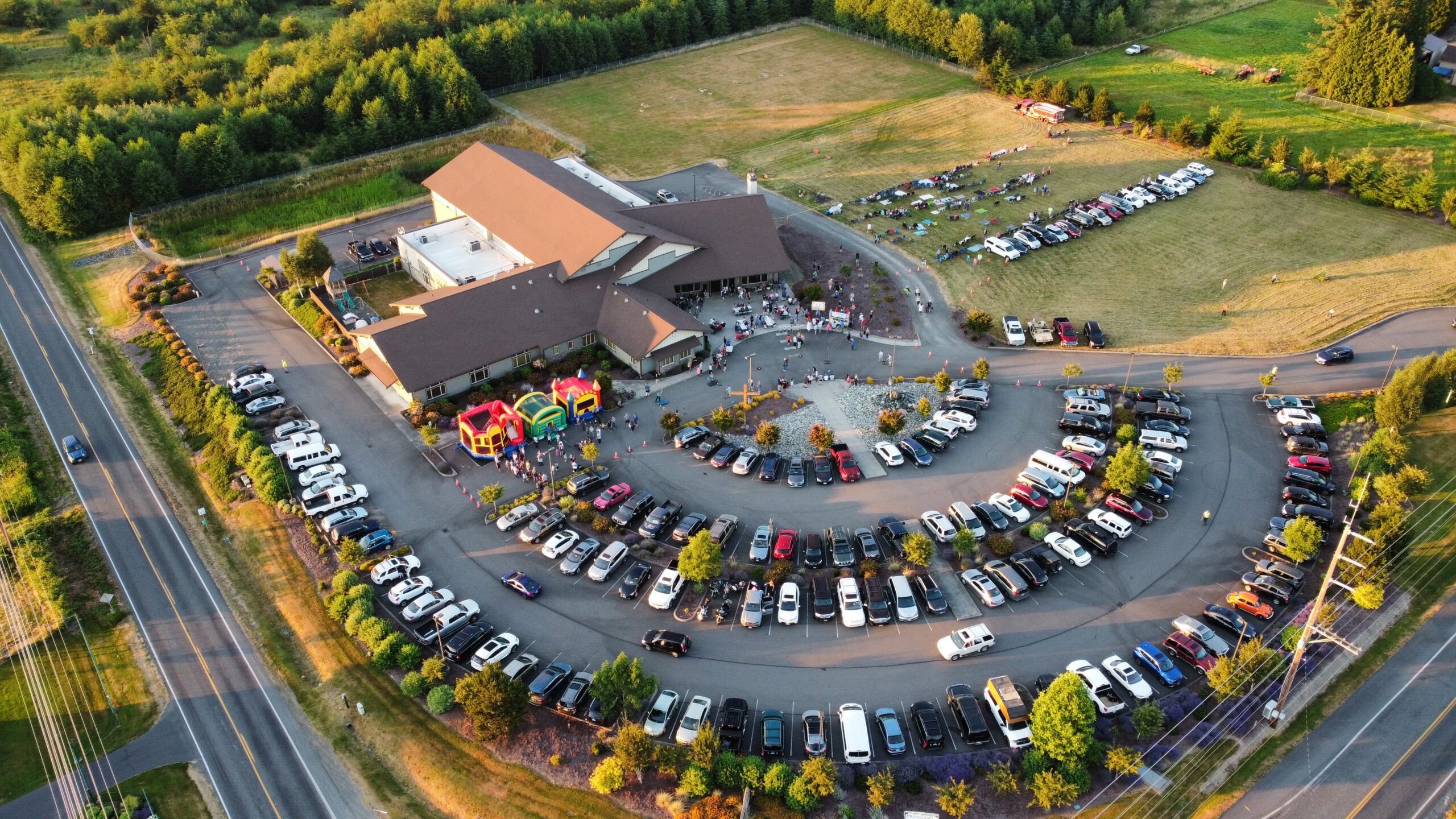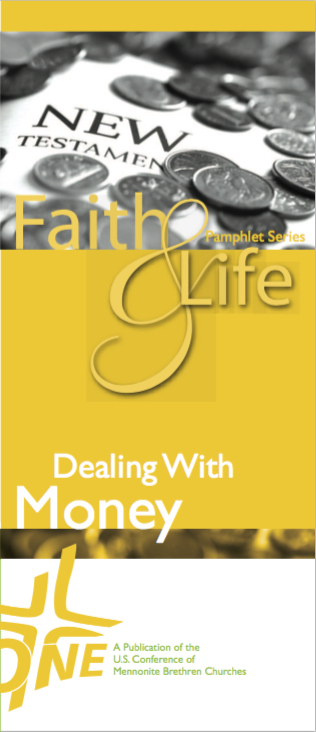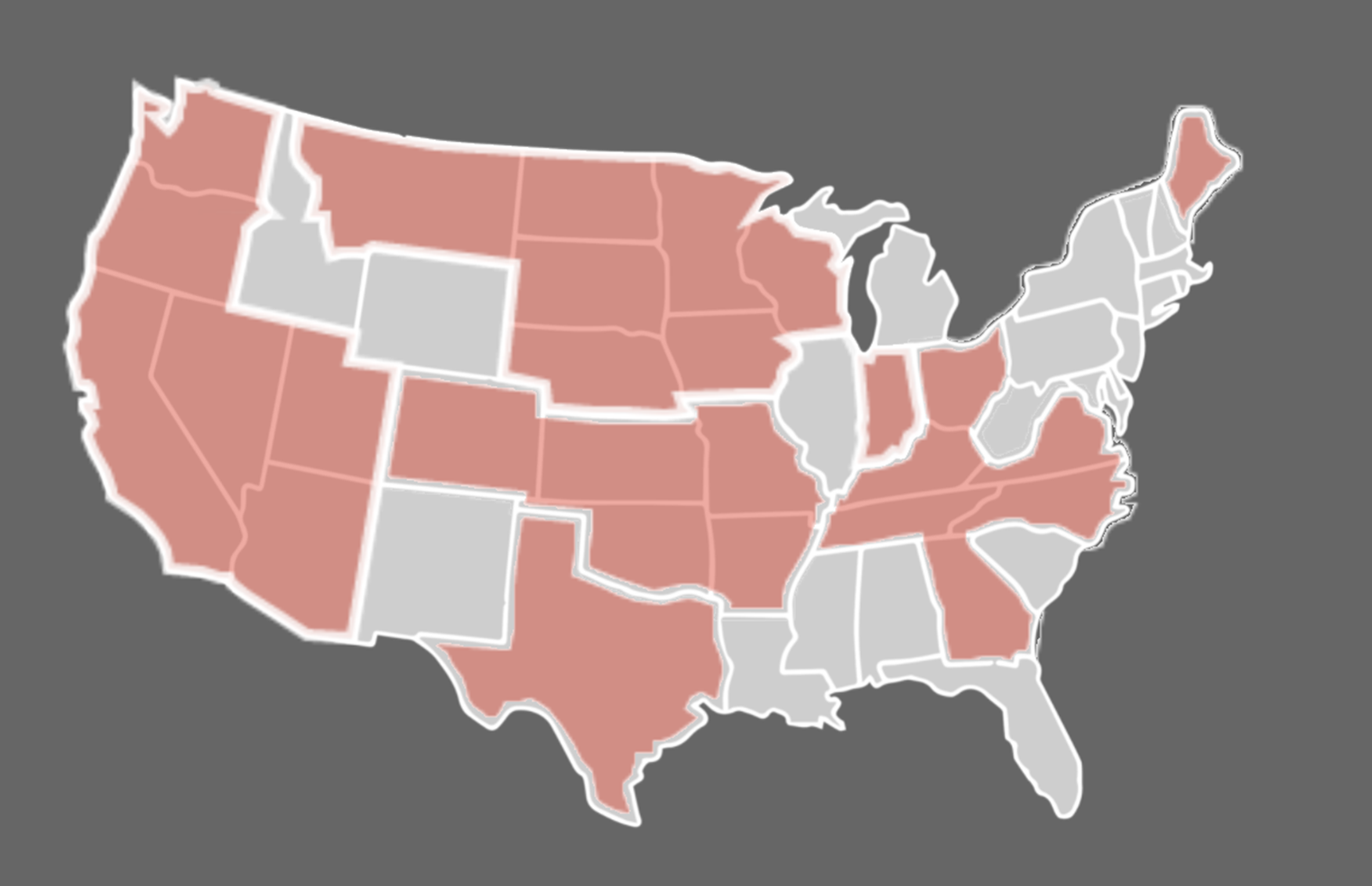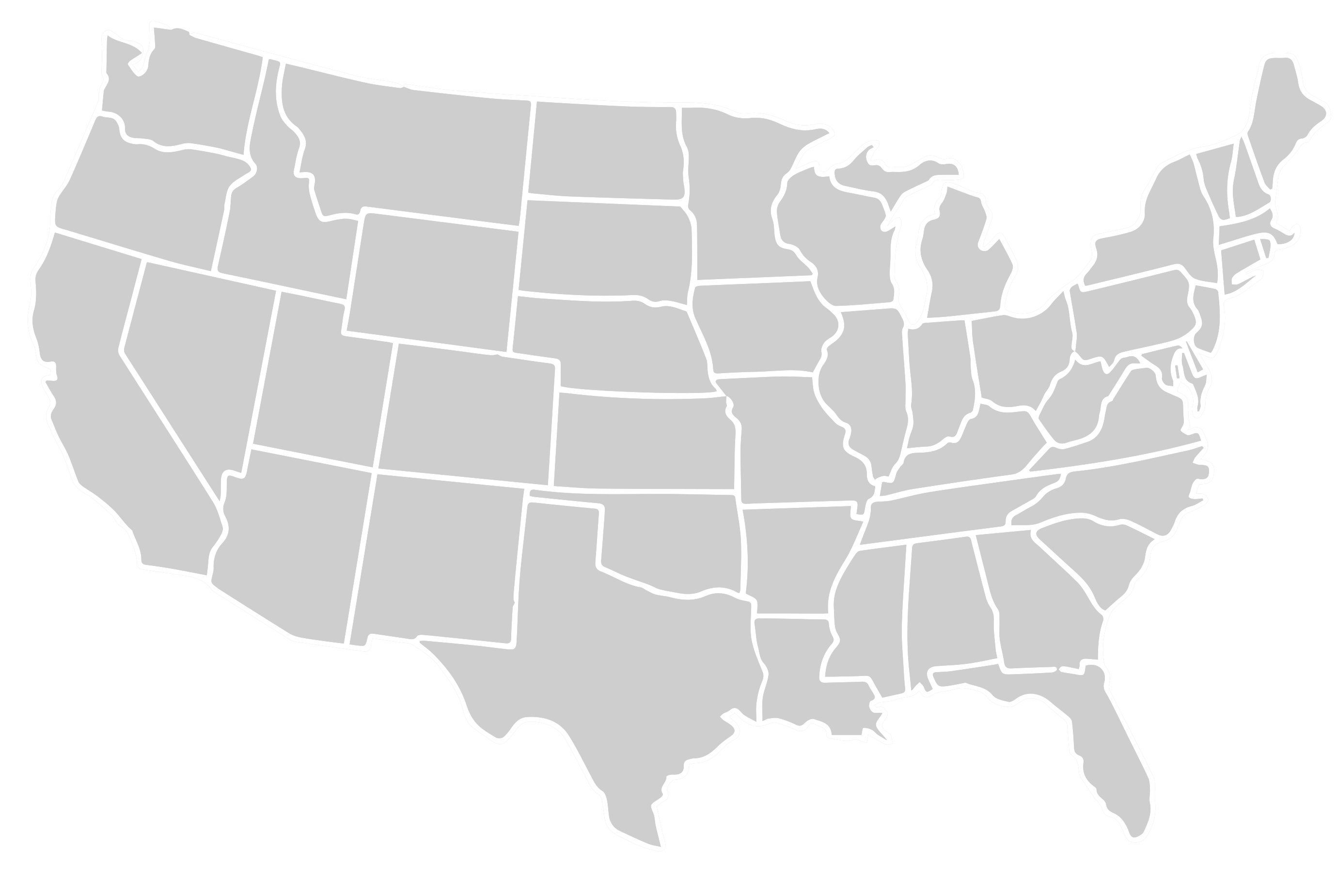- USMB FAMILY
- Who We Are
- Districts & Churches
- District Overview
- CHRISTIAN LEADER
- Title
- How do we live as we wait Christ’s return?I attended a Bible study recently where we looked at Matthew 24 and the end times. Most present subscribed to the pre-tribulation rapture position. I sensed quiet relief in their voices given they believe no Christian will have to endure the great tribulation. But no one commented on the possible times of harsh suffering and persecution American believers could face in the future. No one alluded to the estimated 70 million Christians martyred over the last two millennia, more than half in the 20th century. Todd Nettleton of Voice of the Martyrs describes persecution as “anytime that we’re forced to […]

- Always alert and awakeWar in the Middle East always sparks a renewed interest among Christians regarding what the Bible says about the end times, what theologians call the study of eschatology. In recent generations the formation of the state of Israel, the rising threat of nuclear Armageddon, the collapse of the USSR and other massive geo-political events have spurred interest again and again. And in a way, that’s a good thing. The eagerness to know more may be for the wrong reasons: Who is the antichrist? Is the rapture about to happen? But in Scripture, Jesus calls us again and again to be […]

- A party for Birch BayEach year, more than 10,000 people flock to Birch Bay, Washington, an unincorporated community along the northwest Washington coast, to shoot fireworks on July 4. Birch Bay is one of the only places to shoot fireworks on the beach without a permit, says Birch Bay Bible Community Church lead pastor Tim Thiessen. A county ordinance allows the legal discharging of fireworks July 3-5, and many people buy fireworks on the nearby Lummi Reservation and come to Birch Bay to shoot them off. It’s not uncommon for people to spend $5,000 to $10,000 on fireworks, Thiessen says. “Birch Bay gets overwhelmed […]

- WHAT WE DO
- Church Multiplication
- Church planting continues to be a crucial area of ministry for USMB. Studies show churches are the most effective way to bring more people into the family of God. Partnering with local churches, districts, USMB and Multiply to plant churches, is not just a good thing to do, we must do it.Read More

- Disciple-Making
- USMB is actively involved in helping provide our churches with dynamic ideas, resources and programs for encouraging people to become fully-devoted followers of Jesus. Jesus said, “Go and make disciples….” We strive to facilitate that profound command. READ MORE about Disciple-making.Read More

- Leadership Development
- USMB’s leadership development strategy stems from the real need to actively develop more leaders within the local church who are living on mission in the workplace and in their communities and to fulfill the demand for additional pastors, church planters and missionaries. READ MORE about Leadership Development opportunities.Read More

- Leadership Development
- RESOURCES
- EVENTS
- CONTACT
- CHURCHES
- JOBS
- Disciple-Making
-
- Church Multiplication

Increasing Impact Together
T 800-257-0515
Email: offices@usmb.org
USMB
PO Box 20200 Wichita, KS 67208
PHONE: 800-257-0515 NEWSLETTER: SIGN UP
Dealing With Money
 Does being a follower of Jesus include dealing well with money? Even though most Americans are relatively wealthy, our thoughts of money are usually dominated by anxious concerns about our own future and occasional guilt about the local and global poverty around us.
Does being a follower of Jesus include dealing well with money? Even though most Americans are relatively wealthy, our thoughts of money are usually dominated by anxious concerns about our own future and occasional guilt about the local and global poverty around us.
Jesus spoke often about money not only because he wanted us to be free from anxiety and guilt, but because our money issues often grow out of our unwillingness to trust and submit. Jesus pointed out a conflict between our tendency to seek more money and our need to serve Christ as Lord: "No one can serve two masters; for either he will hate the one and love the other, or he will be devoted to one and despise the other. You cannot serve God and money." (Matt. 6:24)
Using what God has given us
It is important to understand that our money does not belong to us but to God. We are asked to manage and use it for God's purposes. This idea is called "stewardship" and begins at Creation. God places humans in a garden that will supply all their needs, instructing them to "work it and take care of it" (Gen. 2:15). There is no sense of "owning" the garden—they are to tend it and live from its produce.
Jesus tells a story (Matthew 25) in which a man is about to go on a journey, so he entrusts his money to his servants. To each servant who used the money well for the master's benefit, the master says, "Well done, good and faithful servant." The one who does not use the money for the master's benefit is called a wicked, lazy servant.
Regardless of how much money we have, God clearly expects us to use it in ways that serve his purposes. This is our first principle of dealing well with money. Wealth, money, property and possessions are not primarily for our benefit; they are entrusted to us so that we can invest them for God's purposes.
The idea of "enough"
Even though many of us already have more than we need, we still pursue greater and greater wealth. Jesus offers a radical alternative—the idea of enough: So do not worry, saying, ‘What shall we eat?’ or ‘What shall we drink?’ or ‘What shall we wear?’ …Your heavenly Father knows that you need them. But seek first his kingdom and his righteousness, and all these things will be given to you as well (Matt. 6:31-33). The challenge is to trust God to give us enough.
Paul's statement, "I can do all things through him who strengthens me," is in the context of being satisfied with enough. Paul writes, "I am not saying this because I am in need, for I have learned to be content whatever the circumstances. I know what it is to be in need, and I know what it is to have plenty. I have learned the secret of being content in any and every situation, whether well fed or hungry, whether living in plenty or in want. I can do all this through him who gives me strength" (Phil. 4:11-13). This "secret" is that by being in relationship with Christ we can be content with enough, freed from the tyranny of always wanting more. This can also enable us to live within our means and release us from the grip of excessive debt. This freedom makes it possible to invest generously for God's purposes.
Sharing with others
The Bible consistently calls on people to share their wealth with any who are in need. This sharing became a core value in the early Christian church, where people even sold property and possessions so that others would not be in need.
Some of us have more money than others. This is part of how God has chosen to supply the needs of all people. Christians are aware of the great needs around the world, and are compelled to do something to relieve the poverty of others.
Paul writes, "Our desire is not that others might be relieved while you are hard pressed, but that there might be equality" (2 Cor. 8:13).
Should I give it all away?
Is God asking each of us to sell all our possessions and give all our wealth to aid the poor? Some may be called to do just that, but the Bible does not instruct all of us to sell all our possessions. At the same time, most Christians in the United States would have to give much more than we do now to achieve anything close to equality. We know we need to change our habits with money, to be content with enough, and share more. But the goal seems so unachievable that we may give up before we even start.
An honorable and realistic response is to follow Christ more closely today than we did yesterday. We need to strive daily to be more content with enough, more trusting that God will provide our needs and more willing to share more with others who are in need. Transformation takes time, but if we are continually being transformed into the image of Christ then how we use our money will demonstrate God's transforming power.
Rewards of healthy financial living
As we follow the Lord more closely in our dealing with money, our anxiety about the future will give way to trust in God's provision. Our struggle with the desire for more and more will give way to a joy that comes from sharing with others as a part of God's provision for their needs. As we allow Jesus to be Lord in this part of our lives, we will experience what God defines as the abundant life.
Published under the sponsorship of the United States Conference of Mennonite Brethren Churches, Board of Faith and Life, 2011. For additional copies, contact U.S. Conference, 7348 W. 21st Suite 115, Wichita, KS 67205. Phone: (800) 257-0515 .



